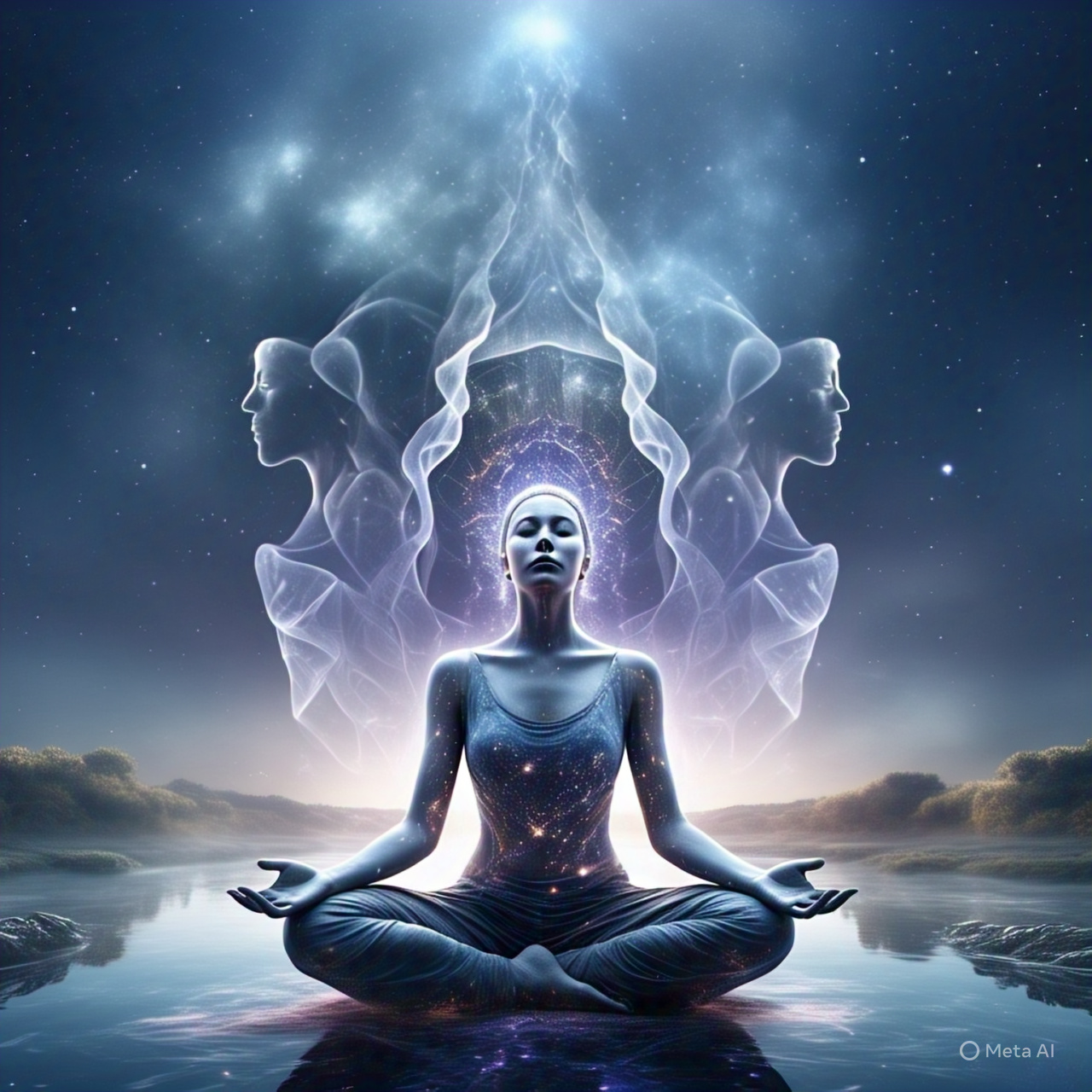Every soul has a unique journey. No two paths are ever truly the same.
Yet, when someone steps onto the path of spirituality, they often feel an urge to bring others along — to guide, to awaken, to uplift.

This instinct isn’t wrong. But it doesn’t always serve its purpose.
Because unless the other person is ready, nothing you say will truly matter.
Spirituality is about understanding the self — the soul — and recognizing its true nature.
And this journey begins with feelings.
In the beginning, emotions play a major role. They guide us, challenge us, stir us awake.
But as the journey deepens, those very emotions start to dissolve.
Because the soul — the atma — doesn’t feel in the way the mind does.
Emotions arise in the mind, which is part of the body.
And when the body dies, so does the mind.
But the soul remains — untouched, eternal.
We are given this human body for a reason:
To learn the difference between soul and mind, between intellect and ego, between the divine and the self.
They may appear separate, but they are different forms of the same essence — like water, ice, and vapor. All different, yet all just water.
Our body, our form, our circumstances — even our actions — are already written.
But our intentions are in our hands.
The actions may be destined, but how we approach them — that’s our freedom.
If the intention behind an action is pure — free from self-interest — it becomes Karma Yoga, the path of selfless action.
But if even a hint of selfish desire exists, the action falls into the realm of virtue or sin, reward or consequence.
Virtue and sin are tied to feelings.
As long as we are emotionally entangled in outcomes, we remain caught in the cycle of karma.
But when we observe our feelings — without judgment, without suppression —
we begin to break free.
That is Karma Yoga.
Suffering and joy — both are inevitable in life.
They are written into the script.
What’s not written is how we respond.
And that is where our free will lies: in observation.
Sometimes, pain strikes so deeply that both the mind and intellect shut down.
In those moments, we function almost automatically — the body reacts.
But if we’ve cultivated spiritual awareness,
we can remain still even in turmoil,
anchored in inner silence.
Then, pain and pleasure both begin to feel the same — not because we suppress them, but because we’re no longer possessed by them.
This is why spirituality cannot be taught.
If it could, then all the wisdom shared by saints and sages across history would’ve awakened everyone by now.
But reality shows us otherwise.
Even today, most people misunderstand or overlook spirituality.
And yet, ironically, almost everyone has knowledge of sex — a subject rarely even discussed openly.
Why is that?
Because attraction isn’t intellectual — it’s experiential.
And so is spirituality.
You don’t understand it with your mind —
you live it with your entire being.
Final Thought:
“Spirituality is not about changing others.
It’s about transforming yourself so deeply that your presence becomes a quiet invitation.”
